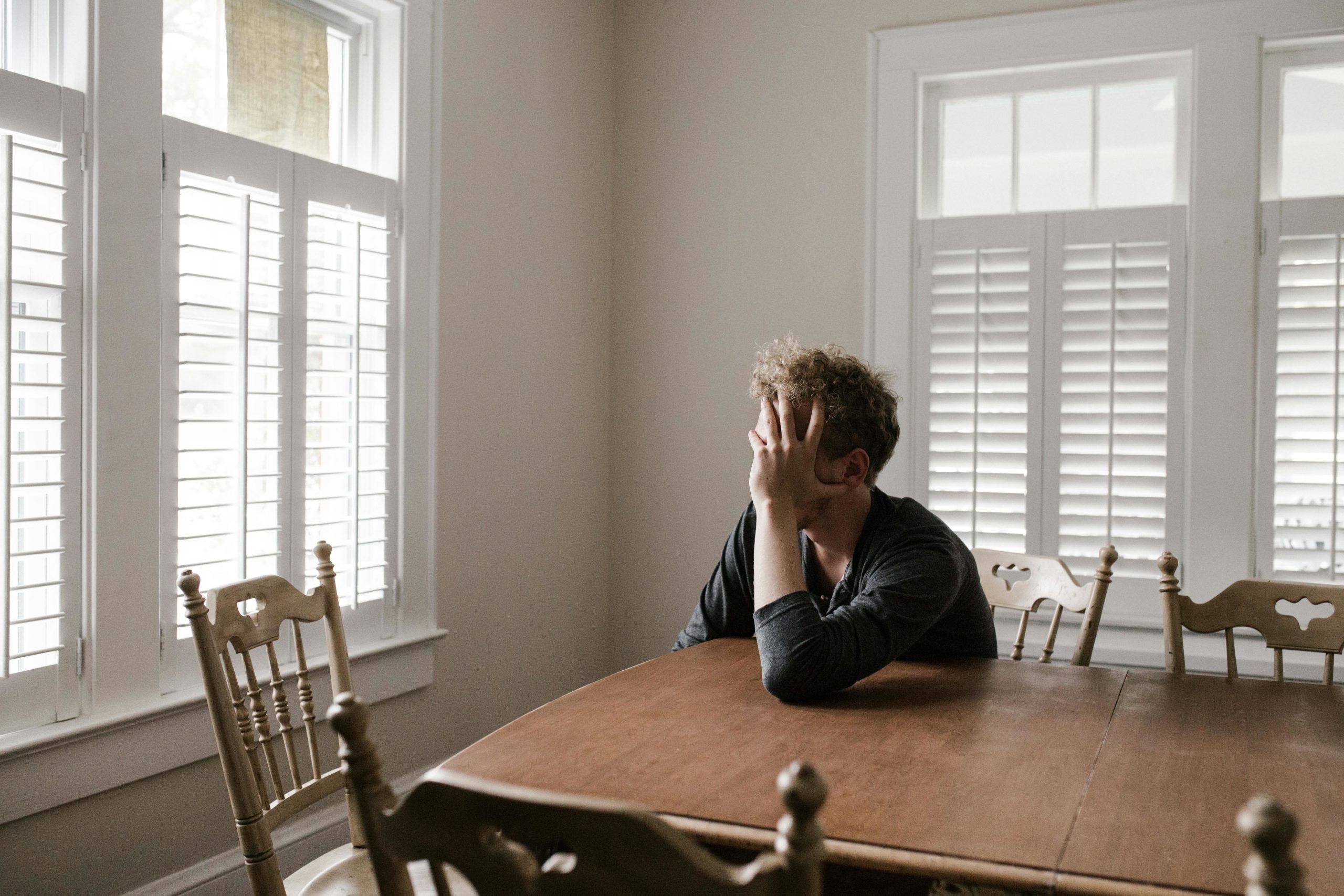When it comes to managing persistent symptoms such as low mood, hopelessness, and feelings of despair, conventional treatment methods don’t always provide the desired relief. If you are a veteran finding yourself in this situation, it may be time to explore alternative treatment options for low mood. Understanding what these options are, the role of healthcare professionals in determining your eligibility, and the importance of consulting a doctor can help you navigate your treatment journey more effectively.
Alternative Treatment Options for Low Mood
When conventional treatments fail to alleviate symptoms, alternative treatments may offer new avenues of hope. These options, if deemed appropriate by a healthcare professional, can include:
1. Clinician Guided Programs
Clinician Guided Programs offer therapeutic practices that are personalised for you by a team of experienced mental health professionals. This approach aims to provide deep, introspective experiences that may help address underlying issues contributing to persistent symptoms.
2. Innovative Nasal Spray Therapy
There are newer treatment options now available for eligible patients that may be considered for those who have not responded to traditional medications. This prescription-only medicine is administered via nasal spray and works by interacting with the NMDA receptors in the brain, which play a critical role in mood regulation and cognitive function. By targeting these receptors, this therapy may help alleviate symptoms associated with low mood and feelings of helplessness.
DVA patients may be eligible for full funding for this treatment if approved by the DVA.
GoodMind Therapeutics currently administers this therapy only to eligible DVA patients. The treatment is in Sydney. DVA patients can have their eligibility assessed by starting here
3. Complementary Therapies
In addition to medical treatments, complementary therapies such as mindfulness, acupuncture, and yoga can support mental health by promoting relaxation and stress reduction. These therapies are often used alongside other treatments to enhance overall well-being.
The Role of Healthcare Professionals
Determining the most suitable treatment option involves a comprehensive assessment by healthcare professionals. Here’s why their role is crucial:
1. Assessment and Diagnosis
Healthcare professionals can provide a thorough evaluation of your symptoms, medical history, and previous treatments. This assessment helps in diagnosing the root cause of your symptoms and determining whether alternative treatments are appropriate.
2. Eligibility Determination
Not all treatment options are suitable for everyone. Healthcare professionals assess your eligibility based on specific criteria, including your overall health, the severity of your symptoms, and how you’ve responded to previous treatments. This careful evaluation ensures that you receive the most appropriate and safe treatment.
3. Personalised Treatment Plans
Healthcare professionals develop personalised treatment plans tailored to your unique needs. These plans may combine different treatment modalities to maximise effectiveness and improve your quality of life.
The Importance of Consulting a Doctor
Consulting a doctor is a vital step in navigating your treatment options. Here’s why:
1. Expert Guidance
Doctors provide expert guidance on the benefits and risks of various treatment options. Their expertise helps you make informed decisions about your care.
2. Safety and Monitoring
Doctors ensure that treatments are administered safely and monitor your progress throughout the treatment process. This monitoring is essential for adjusting treatment plans as needed and addressing any side effects or concerns that arise.
3. Access to Resources
Doctors can connect you with additional resources and support services, such as counselling and support groups, which can be valuable in managing persistent symptoms.
When conventional treatment methods fall short in managing symptoms like persistent low mood, hopelessness, and feelings of despair, exploring alternative treatment options with the guidance of healthcare professionals is always an option. This is particularly important for veterans, who may benefit from the focused care and support offered by alternative treatments.
By consulting a doctor, you can receive a comprehensive assessment, determine your eligibility for various treatments, and develop a personalised treatment plan that addresses your unique needs. Not all patients and mental health conditions are eligible, and not all patients will benefit from this type of therapy. Remember, the journey to finding the right treatment can take time, but with the right support and resources, you can navigate it successfully.
Some of these treatments may be fully funded by the DVA, subject to approval on a case-by-case basis. For more information on alternative treatments and professional guidance, visit GoodMind Therapeutics.





